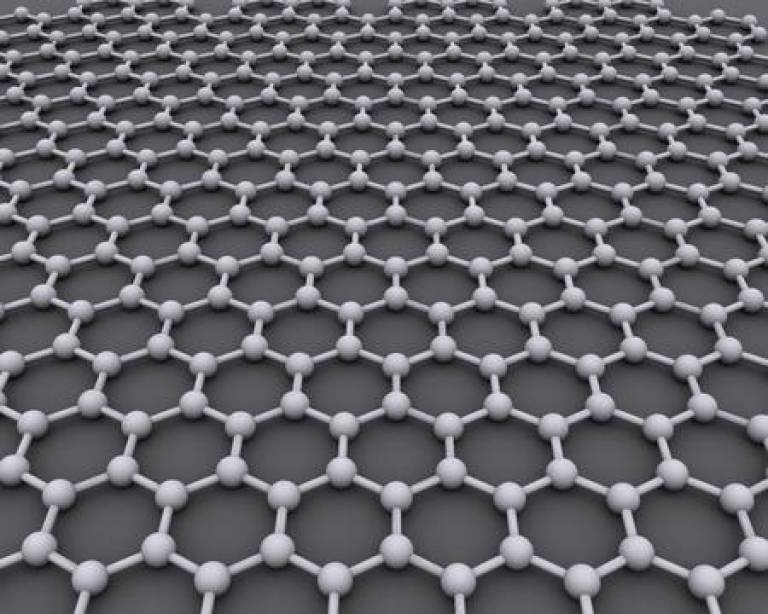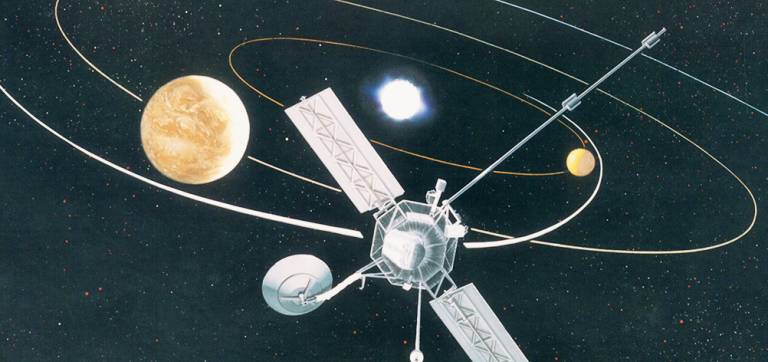UCL wins £1m for clean hydrogen technology
13 January 2014

Scientists at UCL have won a £1m government grant to develop clean fuel technology. The four year project, led by Prof Xiao Guo (UCL Chemistry) will focus on filtering and purifying hydrogen fuels, and will develop a prototype device that can be used in fuel-cell powered electric vehicles. Impure hydrogen currently hampers the viability of fuel cells as a source of electric power.
"Fuel cells are a promising technology for powering electric vehicles," says Guo. "They allow vehicles to have a far longer range than batteries do, because they don't need to be recharged. They can simply be filled up with more fuel, like conventional vehicles."
However, fuel cells are not in wide use yet, in part because commercially available hydrogen is not pure enough. Hydrogen is generally produced by chemical splitting of hydrocarbons such as natural gas, but this leaves traces of other gases, in particular, carbon monoxide. Even at levels of around 20-30 parts per million (ppm), this can halve the lifespan of a fuel cell.
The project will explore means for using graphene membranes to filter impurities out of hydrogen fuel. Graphene is a thin sheet of carbon, just one atom thick. One of its important properties is that the gaps between its atoms can be sized just right to allow hydrogen molecules, which are very small, to flow through, while blocking the larger molecules.
The project will develop prototypes of graphene-based filters which can reduce the level of pollutants to be less than 10ppm, which can be fitted within the fuel lines of electric vehicles. In addition, in a collaboration with the University of Warwick, the team will develop monitoring systems which will identify when these filters need to be cleaned or replaced.
The investment by the Engineering & Physical Sciences Research Council, along with a separate grant to UCL Energy Institute, brings the total funding recently awarded to UCL by EPSRC in this area to over £6m.
The filtering technologies developed in this process may also have applications elsewhere. Prof Guo says that similar technologies could be combined with ventilation and air conditioning systems to improve indoor air quality in highly polluted areas.
Notes
- The funding from EPSRC's Hydrogen Supergen Challenge is for a project entitled 'Real-Time H2 Purification and Monitoring for Efficient and Durable Fuel Cell Vehicles'
Related links
High-resolution image
This image can be reproduced freely providing the source is credited and any derivative works are published on similar terms
Researcher profile
Science contact
Z. Xiao Guo
UCL Chemistry
020 7679 7527
z.x.guo@ucl.ac.uk
Media contact
Oli Usher
UCL Faculty of Mathematical and Physical Sciences
020 7679 7964
o.usher@ucl.ac.uk
 Close
Close




